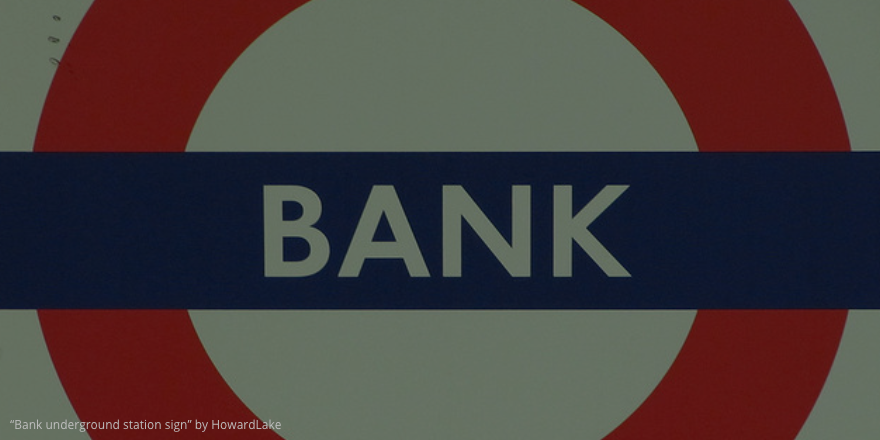The Economist takes honest look at fintech
The Economist, on the eve of its Buttonwood Gathering in NYC, takes an open look at fintech, stripping away the hype to discuss the longterm prospects of fintech and how startups will continue to interact with the incumbents in the industry (namely, banks)
How Silicon Valley Will Bring Down the Banks
[x_pullquote type=”right”]If you look ahead 5-10 years the things that put banks under most pressure today, notably, regulation, will be the things that ultimately protect them[/x_pullquote]In this edition of the Economist’s Money Talks, banking editor, Stan Pignal talks to American finance editor, Tom Easton and the duo spend a lot of time analyzing the banking system: its current strengths and weaknesses and what it may look like 5-10 years out.
It’s actually a pretty dour outlook for today’s banks, according to Pignal and Easton. It seems the only hope the incumbents have is current regulation.
What happens to Marketplace Lenders during a crunch
Next up in the discussion were marketplace lenders, like Lending Club and Prosper. Both participants are surprised that banks hadn’t gotten into this business in a bigger way.[x_pullquote type=”left”]Weren’t banks designed to be marketplace lenders from the onset?[/x_pullquote]
Since the lenders on these platforms haven’t been through a full credit contraction cycle while using the marketplace lending platforms, it’s going to get interesting when these lenders suffer losses for the first time. What happens then?
Pignal and Easton make it clear that banks will never again look like their former selves but regulation will ensure their endurance in a more limited capacity. The competition from startups in the fintech space should force the banks to sharpen their games and specialize in delivering the services they can deliver profitably under the current regulatory regime.
Today’s bankers, tomorrow’s fintechers
The podcast draws to a close with the observation that if you head to a bank, take a look around. It’s clear: bank employees and bank management are not happy. But if you look at fintech firms, people are happy and optimistic about the future.
What’s interesting, note the two hosts of the podcast, is that fintech firms employ people who used to work for banks. They conclude that if bankers are to have joyful futures, it will be working at fintech firms.
What happens to the value of online assets after death?
The Economist looks into what happens to our online assets after a user dies.
Photos and music files sit in a sort of nebulous limbo for the living and studies show the value of our digital property is rising quickly.
New business models and services are stepping to in make it easier to transfer this property.
Can we imagine a day when our iTunes collection can reside in our IRAs?
Source: Online Assets (The Economist)









